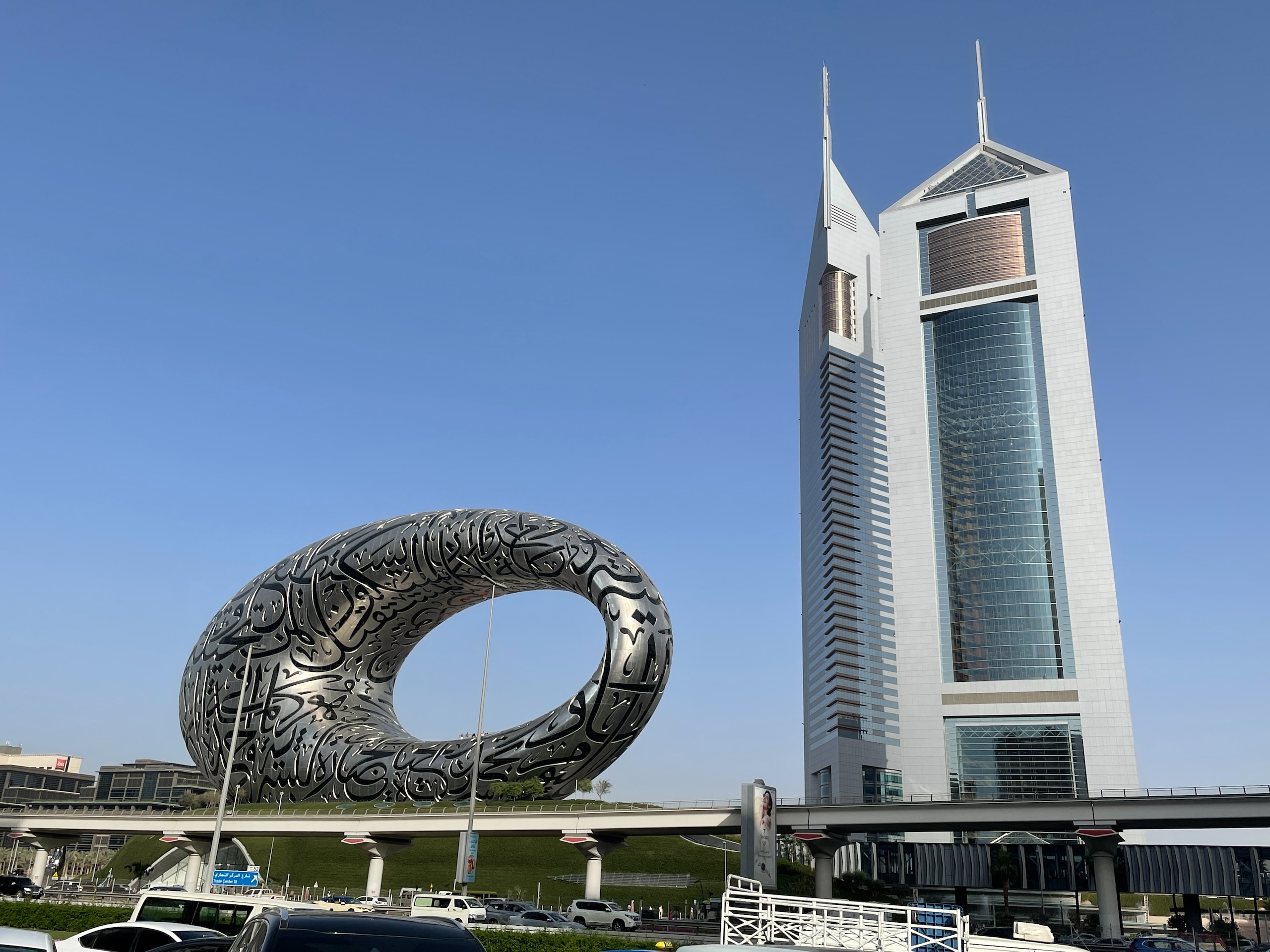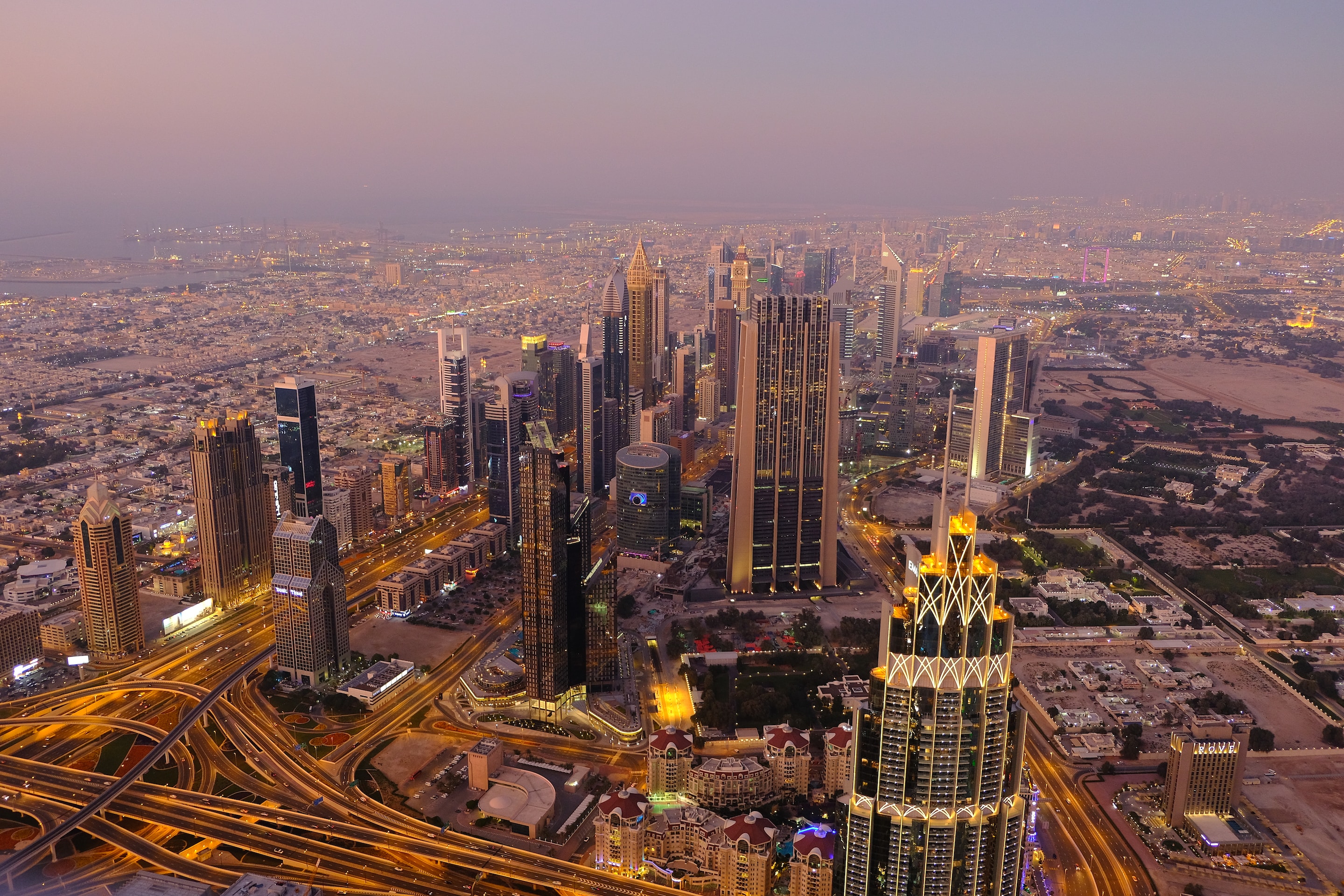The Current State of Dubai’s Property Market
Dubai has long been known for its luxurious real estate offerings, attracting investors from around the world. However, recent trends in the property market have raised concerns about the stability of prices in the coming years.
Over the past decade, Dubai has experienced significant growth in its property sector. This growth was largely fueled by foreign investors seeking attractive returns and a safe haven for their investments. As a result, property prices have been on the rise, making it an attractive destination for real estate investment.
Factors Affecting Property Prices
Several factors are likely to influence the property prices in Dubai in 2024. These factors include:
1. Economic Outlook
The economic climate plays a crucial role in determining property prices. A robust economy, strong job market, and favorable business environment generally lead to higher property prices. However, any economic downturn or instability can negatively impact the property market, potentially causing a decline in prices.
2. Supply and Demand Dynamics
The balance between supply and demand is another significant factor that affects property prices. Dubai has seen a rapid increase in property development in recent years, leading to a potential oversupply in certain segments. If the demand does not keep up with the supply, it could lead to a decrease in prices.
3. Government Policies and Regulations
The government’s policies and regulations can greatly impact the property market. Dubai has implemented various measures to regulate its real estate sector, such as increasing property registration fees and introducing stricter lending criteria. Any further changes in regulations can impact property prices in the future.
Predictions for 2024
While it is challenging to accurately predict the exact changes in property prices, several experts believe that Dubai’s property market may witness a slowdown or even a slight decline by 2024.

The expected slowdown can be attributed to various factors, including the ongoing COVID-19 pandemic, geopolitical risks, and global economic uncertainties. These factors have led to a decrease in demand and reduced investor confidence in recent times.
Investor Strategies
Despite the potential decline projected in Dubai’s property market, there are still opportunities for investors. Some strategies that investors can consider include:
- Targeting emerging areas with growth potential
- Focusing on affordable housing segment
- Opting for long-term investments
- Engaging with reputed and experienced real estate agents
By following these strategies, investors can mitigate risks and potentially capitalize on the market situation.
While Dubai’s property market has experienced significant growth in the past, predicting its future trajectory is not an exact science. The factors mentioned above provide a framework for understanding how property prices in Dubai may be impacted in 2024. Investors should carefully evaluate the market conditions and consider expert advice before making any investment decisions.








